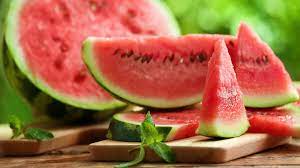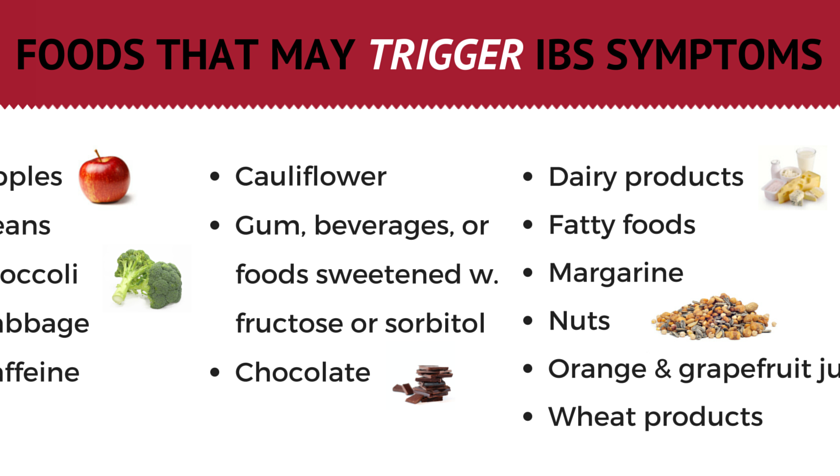By: Saika J
Ramadan in Kashmir is a time of vibrant traditions, community spirit, and of course, delicious food. As the days lengthen and the crisp mountain air warms, many Kashmiris crave a cool, refreshing slice of Handwaan (watermelon). Handwaan is undeniably a delightful fruit, boasting 92% water content, making it a natural hydrator perfect for combating the summer heat.
However, it’s important to prioritize health and celebrate the bounty of Kashmir’s natural harvest. Here’s the truth: Handwaan available during Ramadan often aren’t naturally ripe. These melons may be artificially ripened using chemicals, potentially compromising their health benefits and even posing safety risks.
This article explores the reasons behind the off-season availability of Handwaan, the potential drawbacks and health hazards of consuming artificially ripened fruits, and offers alternative, seasonal options grown right here in Kashmir to keep you hydrated and nourished during Ramadan.
The Allure of Handwaan: Nature’s Gift, Best Enjoyed in Season
Handwaan (Citrullus lanatus) thrives in the fertile valleys of Kashmir. This vibrant fruit is revered for its high water content, making it an excellent source of hydration, especially during the warmer Ramadan months. However, the true magic of Handwaan lies in its natural sweetness and abundance of vitamins and minerals when sun-ripened.
Beyond its refreshing properties, naturally ripened Kashmiri Handwaan offers a range of health benefits:
- Rich in vitamins and minerals: A good source of vitamins A and C, essential for maintaining a healthy immune system and promoting good vision. It also contains potassium, a vital electrolyte that regulates blood pressure and muscle function.
- Packed with antioxidants: Rich in lycopene, a powerful antioxidant that protects cells from damage and may offer benefits for heart health.
- Promotes gut health: The prebiotic fiber content in Handwaan helps maintain a healthy gut microbiome, aiding digestion and nutrient absorption.
In essence, a naturally ripened Kashmiri Handwaan is a delicious and nutritious way to stay hydrated and support your health during Ramadan.
The Drawbacks and Health Hazards of Artificially Ripened Handwaan
The desire for Handwaan during Ramadan is understandable. However, Ramadan often falls outside the natural growing season for Handwaan in Kashmir. To meet market demands, some growers may resort to artificial ripening techniques using chemicals like ethylene gas or calcium carbide.
While these methods accelerate the ripening process and make the fruit appear ripe on the outside, they have significant drawbacks and potential health hazards:
- Lower Nutritional Value: Artificially ripened fruits may have lower levels of vitamins, minerals, and antioxidants compared to naturally ripened ones. You miss out on the very health benefits you seek during Ramadan.
- Safety Concerns: Improper use of ripening chemicals can leave harmful residues on the fruit. Calcium carbide, for example, can break down into traces of acetylene gas, which can cause nausea, vomiting, and dizziness if consumed.
- Compromised Taste and Texture: Artificially ripened Handwaan may lack the sweetness and juicy texture characteristic of naturally ripened fruits. You miss out on the true taste of Kashmir and a less satisfying eating experience.
Prioritizing your health means waiting for the season of naturally ripened Handwaan grown under the Kashmir sun.
Celebrating Nature’s Bounty: Seasonal Delights for Ramadan
Embrace the spirit of Ramadan by celebrating the bounty that Kashmir offers during this holy month. Here are some delicious and hydrating alternatives to off-season Handwaan:
- Apricots: These sunshine-colored fruits are a natural source of vitamin A and fiber, perfect for Suhoor (pre-dawn meal) or Iftar (evening meal).
- Cherries: These ruby-red jewels are packed with antioxidants and vitamin C, boosting your immune system and hydration.
- Mulberries (Shahtoot): A local Kashmiri favorite, Shahtoot is rich in iron and vitamin K, offering a burst of sweetness and essential nutrients.
- Cantaloupe: This naturally sweet melon provides a refreshing alternative to Handwaan, offering vitamin C and potassium.
- Peaches and Plums: These juicy stone fruits are a delightful source of vitamins and antioxidants, perfect for a light and refreshing snack.
By incorporating these seasonal fruits into your Ramadan diet, you can ensure you’re getting the most out of your food choices and celebrating the true flavors of Kashmir.
Embrace the spirit of Ramadan with a focus on both physical and spiritual well-being. Choose naturally ripened fruits, celebrate community, and enjoy a truly fulfilling holy month.






